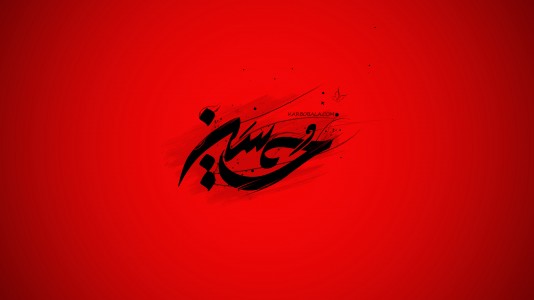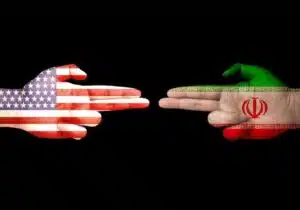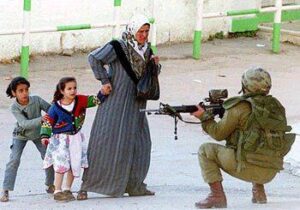
patience and courage of imam Hussain peace be upon him
patience and courage of imam Hussain peace be upon him
مدیریت
Author
A brave person is one whose heart is strong and who does not fear or falter in the face of adversities and difficulties. He does not panic or lose composure and has endurance, even if he is not physically strong. Imam Hussein (peace be upon him) was the bravest of the brave, both in terms of heart and body. If one examines his actions on the day of Ashura, this becomes evident.
Despite being surrounded by enemies and knowing that he was certain to be killed, he fulfilled his duties excellently and attended to all matters. Imam Hussein (peace be upon him) engaged in a comprehensive battle against his enemies, not neglecting preaching, admonishing, or intimidating them, and he completed the argument. He delivered a profound sermon that established his truthfulness before the enemy’s army. On such a day and with so many challenges that provided ample grounds for anxiety and distress, he delivered such a sermon that rendered all listeners speechless.
Moreover, he did not fall short in military tactics, such as digging trenches and filling them with fire, and positioning the tents close together to prevent the enemy from infiltrating from behind, ensuring that the battle occurred only from one side. He also organized his small and limited army, designating the right wing, left wing, and center of the army.
Imam Hussein (peace be upon him) fought with such organization that it seemed he perceived himself as victorious and the enemy as defeated. These actions reveal that he did not lose composure or become disheartened. On the other hand, despite the numerous calamities he faced, which were beyond count and would have overwhelmed even the strongest of people, Imam (peace be upon him) stood firm like a mountain, as if no weakness had ever affected him.
If you observe the patience of the most enduring people, you will see that even the slightest calamity affecting their dearest ones can make them weak and in need of support from others. However, this is Hussein bin Ali (peace be upon them) who sees his son Ali Akbar (peace be upon him) being killed and proceeds to the battlefield, and after a short while sees his enemies tearing his body apart, yet he endures such a calamity, continues to manage his affairs, and prepares for further resistance and struggle.
Upon a little reflection, the greatness of each of these calamities and the difficulty of facing even the smallest of them and enduring them become apparent, and the full bravery of Imam (peace be upon him), both in terms of heart and body, is revealed through his attacks on the army of Kufa.
Even though Imam (peace be upon him) was left alone, with his relatives and companions killed, and faced countless hardships, the enemies fled before him whenever he attacked. The narrator says: “By God! I have not seen anyone, either before or after his death, with a stronger heart and greater firmness than Hussein (peace be upon him) when facing enemies. They would flee from his front.”
In that era, hand-to-hand combat was customary among the brave Arabs, and the people of Kufa were warriors who had participated in wars in Iran, Syria, and against the Kharijites. Despite this, they feared facing Imam Hussein (peace be upon him) and even in group battles, they could not withstand him and fled from him.
If one examines the multitude of wounds and arrows that struck Imam Hussein (peace be upon him) and his endurance despite his physical condition, the greatness and bravery of Hussein bin Ali (peace be upon them) become evident.
Indeed, he is the righteous successor of Ali bin Abi Talib (peace be upon them), as acknowledged by Ibn Sa’ad.
“Peace be upon you, O Abu Abdullah.”



Be the first to share your thoughts!